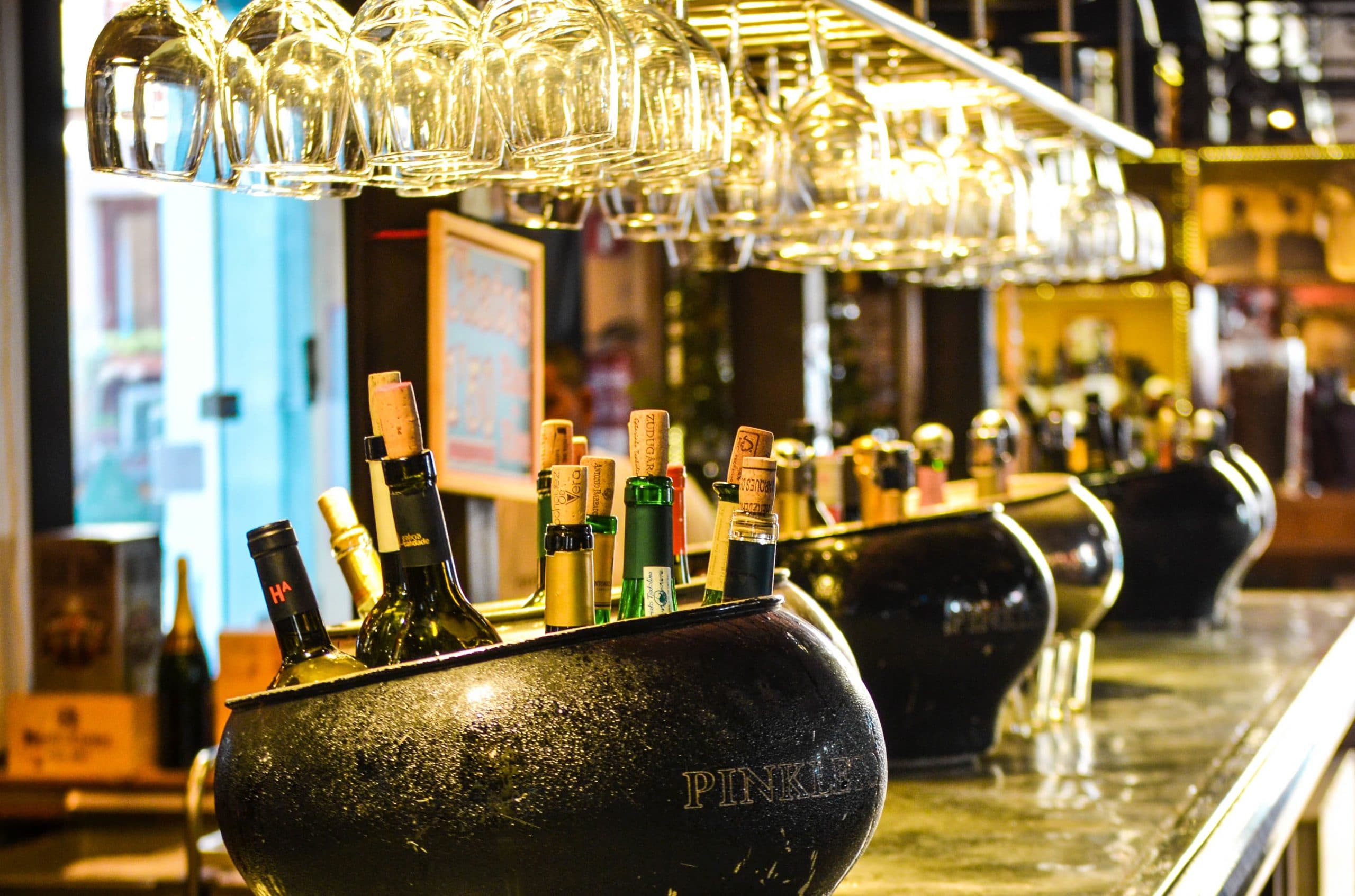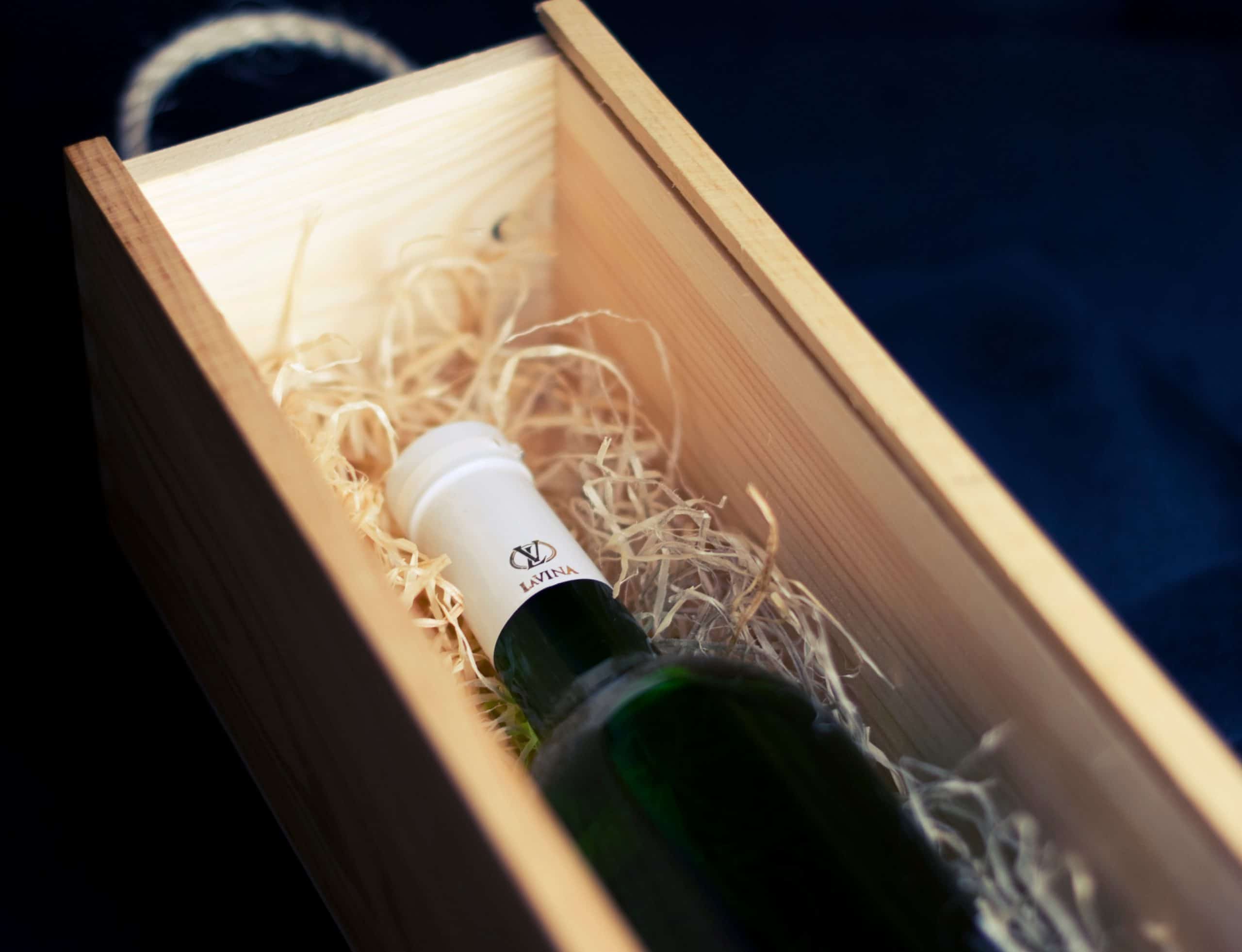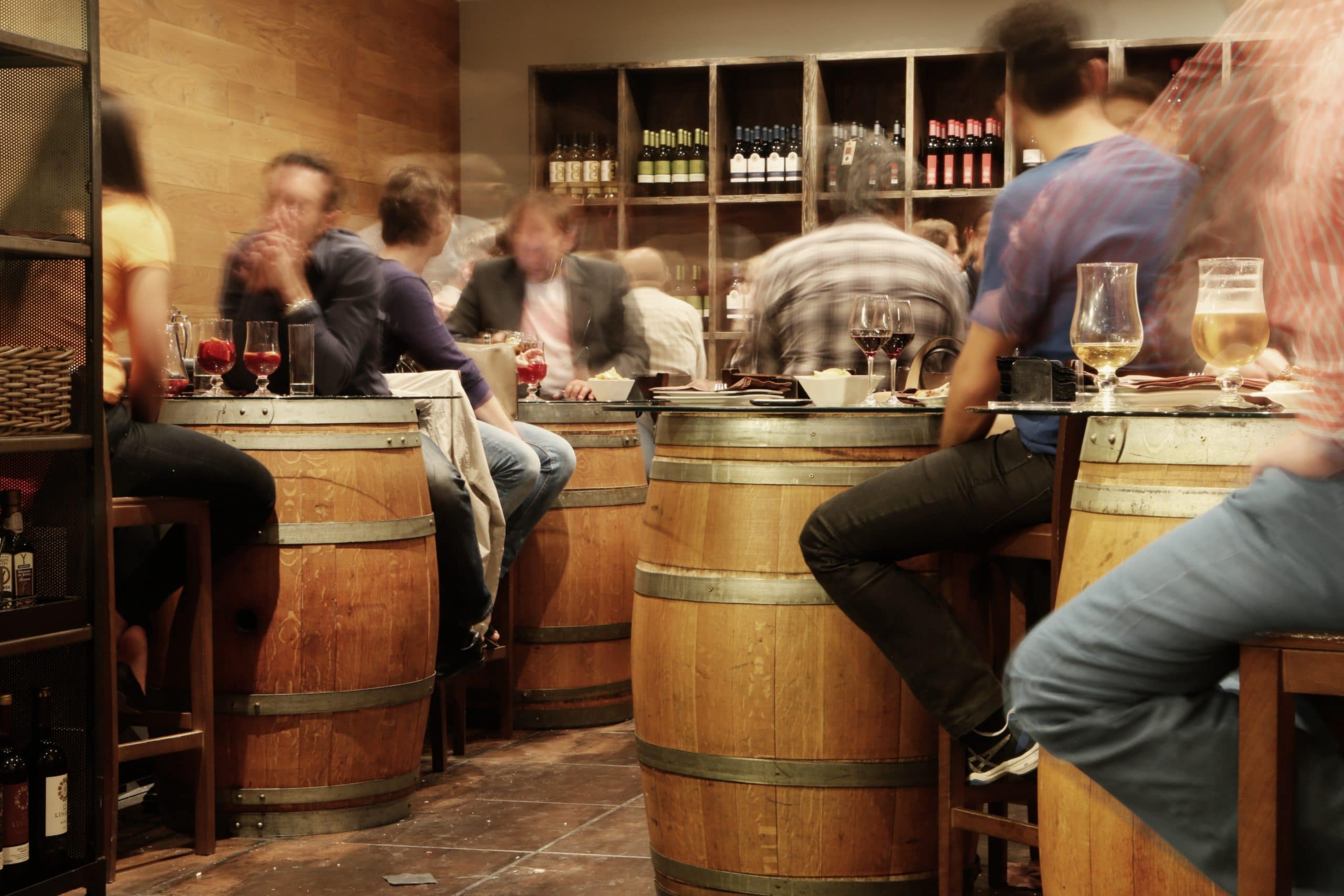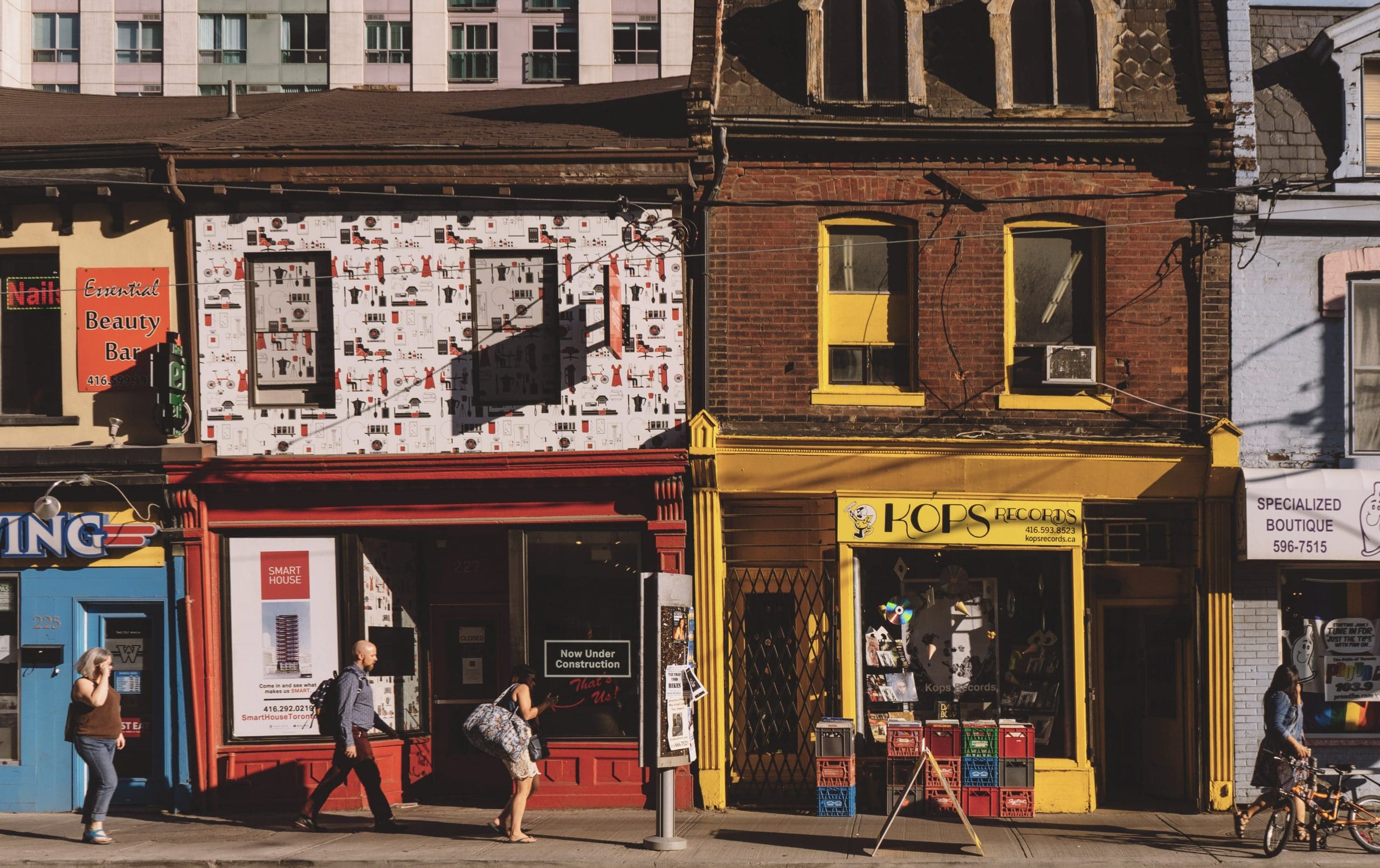
Planning to Open a Wine Store: Where to Begin and What to Consider?

1. Cover the Basics of Starting a Small Wine Business in California
The process of starting a wine store is the same with opening any type of retail business in California. You first need to decide on what business structure you want to have – whether you want to be the sole owner of the company or you want to have a partner. Then, once you’ve decided what entity to form, you need to create a business plan that includes all the details needed to run the enterprise successfully for at least five years. Your business plan encompasses getting all the necessary licenses from the right agencies and establishing where you will get financing for the store.
2. Decide on What Kind of Wine Store You Want to Put Up

There is no right or wrong answer to which type of wine store you want to start. It’s really up to you. To make the best decision, you just need to evaluate yourself and your resources. A new and independent neighborhood wine store is a lot less expensive than the other options. If you want to start small, this could be the best option for you.
3. Select the Location for Your Small Wine Business

When selecting the spot to put up a wine store, you should also consider having a parking area. You want to the entire shopping experience of your clients to be an efficient and comfortable one. Ease of parking, typically, attracts potential customers.
There are cases wherein you don’t need to worry about the location of your store. For example, if you’re franchising a popular and well-established wine boutique, like Arlequin Wine Merchant or Biondivino, then you will have no problem in getting crowds flock your shop no matter where in San Francisco you open.
4. Set Up Your Inventory and Your Suppliers

It’s imperative that you choose a vendor who can commit to being punctual and maintain the quality of their products. A supplier that can deliver your wines on time will help keep your customers satisfied. Your supply of wines largely determines whether your business will succeed or not, because your reputation as a shop is only as good as your products and your services. For example, if you have a customer who plans to celebrate his golden birthday, and he orders five bottles of his favorite vintages from your store. If your vendor delivers the products late, you won’t be able to give that customer his order on time. Not only will you get bad feedback from one person, but potential clients could also be turned off after hearing the testimonies of dissatisfied customers.
5. Appearance Matters – Consider the Design of Your Store and Your Cellar

As for the commercial cellar in your store, you should consult a wine storage design expert. Custom Wine Cellars San Francisco, for example, is one of the most trusted builders in the California.
Commercial Cellar Design Specialist for Wine Stores in San Francisco, California
Our design team here at Custom Wine Cellars San Francisco is skilled in creating all kinds of wine cellar styles in California – from traditional to contemporary! Having years of experience in the wine storage industry, we understand that the aesthetic value of your cellar is just as important to you as its functionality. We make sure that we cover all details of the construction, so that your wine room is both durable and beautiful. Whether it’s a commercial or residential installation, we can provide your wine storage needs. Let us help you plan your wine store design today! Call us now by clicking here!









